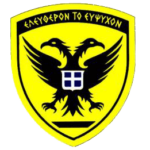During the Ist Balkan War (October 1912 – May 1913), after the victories of the Hellenic Army in Sarandaporo and Giannitsa, Thessaloniki, a city of strategic significance for the control of Axios Valley and the broader region of Macedonia, was liberated on 26 October. In the meantime, operations in Epirus were making significant progress. The only remaining resistance bastion was Ioannina, which fell in February 1913.
The Hellenic Navy played a significant part in the success of Greece during the Balkan Wars. During the first years of the 20th Century, Greece possessed a small force of battleships, which needed to be significantly upgraded, if it wanted to take initiatives and play a leading part in the Aegean. With that thought in mind, the procurement of eight destroyers from the United Kingdom and the German Empire took place from 1908 to 1909. Later on, the legendary Armed Cruiser “Georgios Averof” was added to the fleet and became the flagship of the Hellenic Fleet.
After the outbreak of war against the Ottoman Empire, on 5 October 1912, the Aegean Fleet under Rear Admiral Koundouriotis, set sail from Piraeus to Limnos with intense excitement. Limnos constituted a strategic priority for Koundouriotis, due to its strategic position and its closeness to the Strait of Dardanelle. By the evening of 8 October, the island had completely fallen under the complete control of the Hellenic forces without significant issues, while on the forthcoming days, the liberation of a series of islands and coastal areas of Macedonia took place.
In the morning of 3 December 1912, the Hellenic Fleet was east of Imbros, and received long-distance fire by the Turkish flagship Mecidiye. Immediately, the Armed Cruiser “Averof” under Pavlos Koundouriotis himself, detached from the formation of the fleet and sailed directly towards the Turkish flagship. The Turkish fleet was taken by surprise, dispersed, and was forced to retreat towards the Strait. The main conflict took place at the Cape of Elli in the Peninsula of Gallipoli (in the entrance of the Ellispondos). The Turkish fleet suffered heavy damages and losses, while the Greek ships suffered minimal damages. With this significant victory of the Navy, as well as the later victory of the Hellenic Fleet during the Naval Battle of Limnos in the beginning of January 1913, Greek sovereignty at sea was ensured and land operations against the Turks became easier.
#ΕλληνικόςΣτρατός, #HellenicArmy



